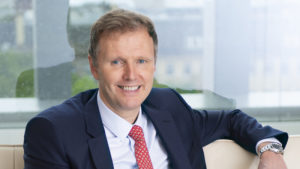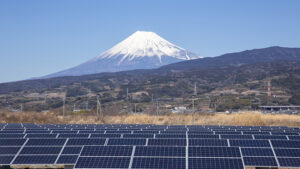Hervey revealed the group will be “meaningfully increasing” its cash levels come September on the basis that a positive appreciation of equity markets is less likely than a negative move.
Current cash levels for the most cautious clients sit at around 16%; while more adventurous clients have closer to 8% in their portfolios.
As someone who is in the business of being paid to be a long-term, not short-term investor, Hervey thinks that “becoming slightly more cautious doesn’t seem to be a risk”.
This move seems diametrically opposed to his current preference for emerging market equities, which is a firm neutral in LPIO’s portfolios, especially given Hervey’s reservations over a stronger US dollar in the near term.
Though there is a “building expectation that EM economies are better placed to stand on their own two feet, rather than being entirely driven by dollar flows,” Hervey admitted “we’re not there yet”.
Even so, the fact that “developed markets are pretty fully valued” and a US sell-off would impact every market, not just EM countries, better valuations means the country has a greater “margin of safety”.
He said: “While I’ve incrementaly become more and more nervous about where the investment world sits, I still think the margin of safety, in terms of how you’re being compensated, is greater in those areas of the world which are trading at a better value and have better opportunities for growth going forward.
“I do think those levels of growth will be valued, and if you look at it from a debt perspective, in the event of a meaningful drawdown, at least in EM debt you are being paid to be there.”
The same cannot be said for developed markets, bonds in particular, he argued.
But the group’s biggest overweight is toward Japanese equities, an area that Hervey believes is still “radically underinvested in even after what was a good 2015 and pretty poor 2016”.
“The structural changes Abenomics has brought to Japan are beginning to pay dividends,” he said.
And whereas most other developed markets are close to peaking, Hervey thinks Japan’s market is at “the bottom level of where the economy is going to get, rather than the top”.
He added: “Japan has had to deal with a lower interest rate environment for a longer period of time and you are beginning to see glimmers of improvement. You only need to continue to see low levels of improvement to see people really begin to look at it again.”







